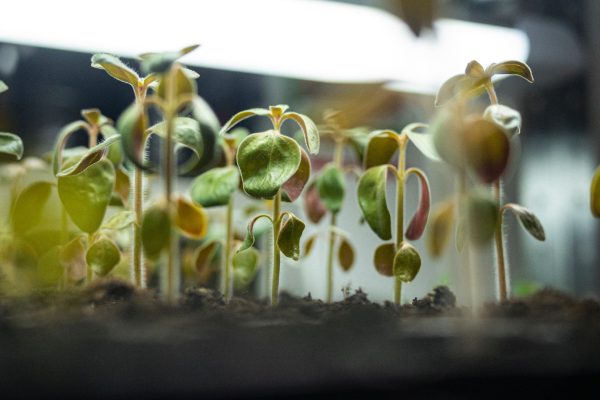Everyone has either heard of the term cancer, or experienced its detrimental impacts, with two in five Australians experiencing a diagnosis by age 85.
Cancer does not discriminate: it can arise in people of any age, ethnicity, or socioeconomic class. Whether as a patient or caregiver, dealing with cancer is one of the most challenging experiences many people will face.
Despite 40% of cancer patients experiencing significant mental health issues throughout their treatment, the connection between mental health and cancer is often neglected as a result of the legitimate focus on physical health. We are aware that more insight is needed into the challenges of individuals and their loved ones on not just physical states but mental health.
Effects of Cancer on Mental Health
Not only does cancer impact the body but it also affects the mind. The effects of a cancer diagnosis can impact the health of both the individual diagnosed with cancer and their loved ones both physically and emotionally. Some examples might include:
- Anxiety: Often revolving around the uncertainty about the future, pain, changes to physical appearance, treatment side effects, and the possibility of prolonged treatment and undesirable medical prognoses.
- Depression: The nature of cancer and the treatment options induce fatiguing impacts on the physical body. This, in combination with heightened stress, anxiety, and sadness, may result in feelings of prolonged grief, apathy, and hopelessness.
- Stress: The stress associated with cancer is very high as it often involves a dramatic change to individuals’ lives as there are new impacts to daily life like attending frequent appointments and undertaking a variety of treatments.
- Body image and self-esteem: Cancer treatments can change body appearance (e.g., hair loss, scarring from surgery, mastectomies). Many people experience subsequent negative impacts to their body image and self-esteem.
- Grief: Cancer patients and caregivers often grieve the loss of their previous level of functioning, employment, energy, and even changes to personality. Of course, terminal prognoses inflict a significant experience of grief, especially towards end-of-life care.
- Anger and frustration: It is not uncommon for patients to be upset and angry about their condition. Anger is a normal response to injustice, and experiencing the challenges of cancer is never fair.
Ways of managing cancer and improving mental health
- Build strong support systems: Having some close relationships provides emotional comfort and support to get through tough times. They remind you that you are not alone, and that you are loved. For many, close relationships can be a reason to persevere through challenges in treatment. Online support communities can also be a great resource to connect with others who have gone through a similar experience.
- Seek professional help: Therapy and counselling can provide individuals with coping strategies and help them navigate through difficult times. It can also be an opportunity to discuss feelings and thoughts that you don’t want to share with your loved ones.
- Keep yourself educated: Learning about treatment options, diagnoses, and side effects can provide a sense of control and power as you work with doctors and nurses.
- Mindfulness and relaxation techniques: Learning to practice mindfulness and relaxation can help with emotional and pain management, and can reduce your levels of stress and improve sleep. It’s important to find a skilled mindfulness teacher or therapist to help with this.
- Create healthy habits: Where possible, introducing habits like physical activity and good nutrition can really assist during troubling times, help increase mood and physical and emotional wellbeing.
- Celebrate milestones and acknowledge achievements: To help elicit feelings of hope and strength, keeping a positive mindset can radically change the experience of your experience of cancer.
Support organisations for Cancer:
There are currently a wide variety of support services for those suffering with cancer or who have loved one’s suffering. The following services are just a few of the many available:
CanTeen – The Australian Organisation for Young People Living with Cancer is the national support organisation for young people (aged 12-24) living with cancer.
Leukaemia Foundation– is the national organisation dedicated to the care and cure of people living with leukaemias, lymphomas, myeloma and other related blood disorders, and to providing support for their families.
Redkite provides financial assistance, emotional support and educational assistance to children with cancer and their families. It also has scholarships available for specific educational goals.
Breast Cancer Network Australia (BCNA) is the peak national organisation for Australians personally affected by breast cancer. It works to ensure that Australians diagnosed with breast cancer and their families receive the best information, treatment, care and support possible.
Cancer Voices Australia is a national consumer advocacy organisation representing Australians affected by cancer. It aims to ensure the voices of people, their carers and families affected by cancer.
Many of the practitioners at Mindful Psychology have experience in assisting with health-related issues such as cancer. Please feel free to reach out to us to help find the most suitable practitioner for you.
This blog was written by Teya D’Souza











